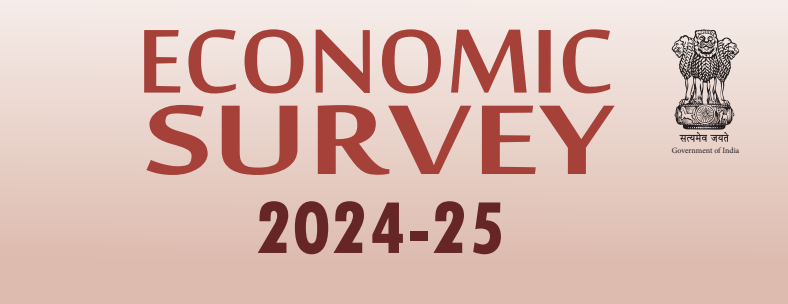THE CONTEXT: Union Minister of State (I/c) for Labour and Employment announced the decision to extend coverage under the Employees’ State Insurance Act, 1948 (ESI Act) to all casual and contractual workers working in the municipal bodies in the country on 10th June.
Analysis:
- The ESI Corporation has been directed to take up the matter with the States/ UTs, being the appropriate Government(s) under the ESI Act, for issue of notification for coverage of casual and contractual workers in the Municipal Corporation(s)/ Council(s) in their respective jurisdictions.
- The coverage shall be extended to those casual and contractual employees/ agencies/ establishments which are within the implemented areas already notified under the ESI Act, 1948 by the Central Government.
- For National Capital Region of Delhi, the Central Government being the appropriate government under the ESI Act, the Ministry of Labour and Employment has already issued intention notification dated 7 June, 2021 for coverage under the ESI Act of casual and contractual employees working with Municipal Corporations/ Council in the NCT of Delhi.
- Various municipal bodies in different States and Union Territories in the country employ a large number of casual and contractual workers.
- However, not being regular employees of the Municipal Corporations/Municipal councils, these workers remain out of the social security net making them a vulnerable lot.
- This important decision has been taken to address this issue.
- ESI coverage of casual and contractual employees working with municipal bodies shall go a long way in providing social security cover to a very vulnerable segment of the workforce.
- Once notifications for ESI coverage are issued by the respective States/ UTs, the casual and contractual workers working with municipal bodies will be able to avail the full gamut of benefits available under the ESI Act such as sickness benefit, maternity benefit, disablement benefit, dependent’s benefit, funeral expenses etc.
- In addition and importantly, these workers will be eligible to avail medical services through vast network of ESI facilities i.e. 160 hospitals and over 1500 dispensaries all over the country.
ABOUT EMPLOYEES STATE INSURANCE CORPORATION
- Employees’ State Insurance Corporation (ESIC) is a government organisation that manages the Employees’ State Insurance (ESI) scheme.
- Employees‘ State Insurance Corporation is a statutory body constituted under an Act of Parliament (ESI Act, 1948) and works under the administrative control of Ministry of Labour and Employment, Government of India.
- ESI is a social security scheme offered by the Government of India as per the Employees’ State Insurance Act, 1948.
- The scheme provides protection to employees against disablement/death due to employment injury, sickness, and maternity.
- This is a self-financing scheme, where the employees and the employers make regular monthly contributions to the scheme at a certain percentage of their wages.
- ESI is applicable to any entity that employs ten or more people, such as shops, hotels and restaurants that is not engaged in manufacturing, cinemas, road motor transport establishments, newspaper establishments, private educational and medical institutions.
- The minimum number of employees required to subscribe for ESI scheme varies with states.
- Employees with a monthly salary within Rs.21,000 are entitled to get the benefits of the scheme.
- Putting it together, employees working for factories/establishments with ten or more employees drawing wages of up to Rs.21,000 per month are entitled to receive health benefits under the ESI Act.
- There are exemptions to the rule in the case of daily average wages of Rs.137.
- They do not have to contribute to the scheme from their wages. Only the employer’s contribution is paid for such people.
CONCEPT OF SOCIAL SECURITY
- Social security is the protection that a society provides to individuals and households to ensure access to health care and to guarantee income security, particularly in cases of old age, unemployment, sickness, invalidity, work injury, maternity or loss of a breadwinner.
- Social security protection is clearly defined in ILO conventions and UN instruments as a basic human right – albeit one that a small proportion of the people on our planet actually enjoy.
- Broadly defined as a system of contribution based health, pension and unemployment protection, along with tax-financed social benefits, social security has become a universal challenge in a globalizing world.
- Social security has a powerful impact at all levels of society.
- It provides workers and their families with access to health care and with protection against loss of income, whether it is for short periods of unemployment or sickness or maternity or for a longer time due to invalidity or employment injury.
- It provides older people with income security in their retirement years.
- Children benefit from social security programmes designed to help their families cope with the cost of education.
- For employers and enterprises, social security helps maintain stable labour relations and a productive workforce.
- And social security can contribute to social cohesion and to a country’s overall growth and development by bolstering living standards, cushioning the effects of structural and technological change on people and thereby providing the basis for a more positive approach toward globalization.




